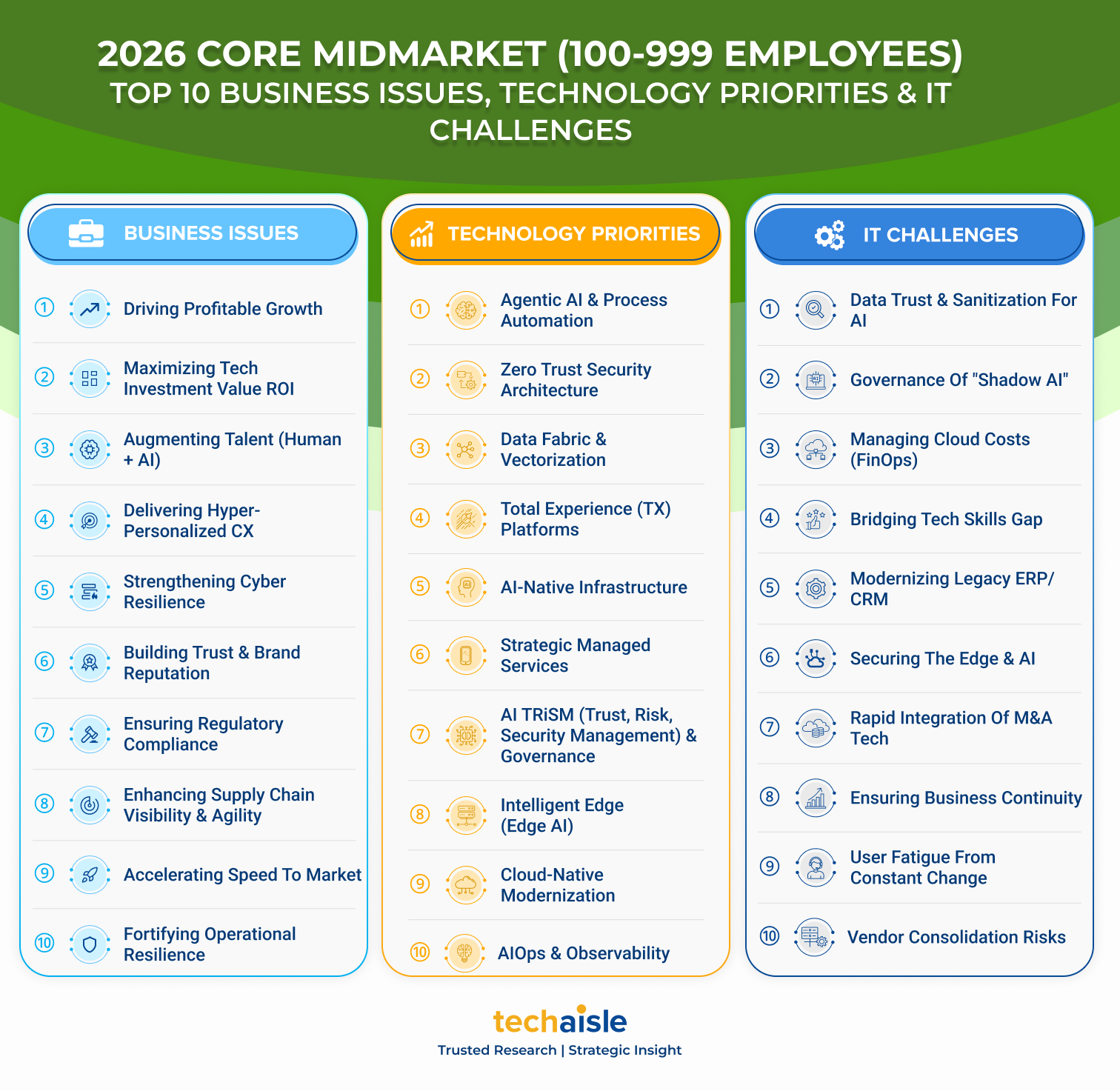In my recent deep-dive briefing with Muddu Sudhakar, SVP & GM, Agentic IT and HR Service, and the AgentForce IT Service team, one thing became abundantly clear: the ticket as we know it is on life support. While the industry has spent decades perfecting the art of managing the ticket lifecycle—from creation to closure—Salesforce is betting its future on eliminating the need for tickets.
The announcement of Agentforce IT Service is not just another SKU in the Salesforce catalog; it is a fundamental architectural pivot from "System of Record" to "System of Action." As an analyst who has tracked the ecosystem for years, I see this as a democratization event—bringing enterprise-grade, reasoning-based AI to the messy middle of IT operations.
Here is why this move matters, where the differentiation lies, and where the battle lines are being drawn.
The Reasoning Engine vs. The Remediation Script
The most profound insight from the briefing wasn't the feature set, but the architectural philosophy. We are witnessing a sharp divergence in how AI is applied to IT. On one side, incumbents like ServiceNow—bolstered by their recent acquisition of Moveworks—are doubling down on what I call prescriptive AI. This model excels at summarization and recommending the next best action for a human agent, but it remains fundamentally constrained by deterministic playbooks and rigid decision trees. It is efficient, but it is ultimately a helper that waits for instructions.
Salesforce, in contrast, is deploying Reasoning AI. These agents are not merely following a script; they use non-deterministic workflows to reason through problems. During the demo, this distinction was vivid: I watched an agent autonomously troubleshoot a VPN issue, not by simply surfacing a knowledge article, but by actively diagnosing the root cause (a client mismatch) and proposing a specific resolution (switching gateways). This architectural shift—from proposing a fix to reasoning through it—is critical. It moves IT operations from a reactive break/fix posture to a proactive predict/prevent reality. However, this autonomy is not unchecked; it is governed by a native end-to-end ITIL framework, ensuring that every automated resolution adheres to the strict lifecycle of Incident, Problem, and Change management that IT leaders demand.















